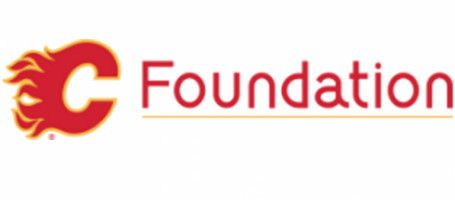Fitness
The game of hockey is constantly evolving and players are continually finding ways to make themselves bigger, stronger and faster. As officials, we need to be in as good or better shape then the players that we officiate. As you move up the officiating ranks you will notice a stronger emphasis being put on fitness and the shape that you are in. Gone are the days where referees could get away with being in less than ideal shape. High level fitness is now an expectation that is required to be met to achieve the highest levels in officiating. Below is a sample program for NHL Officials. As all people are different so are Fitness Programs, the following is used as a guideline with minimum standards for NHL Officials. Consult your family doctor before starting any training program
Off season training
- Start by setting some fitness goals for the start of the next season and focus on those throughout your program.
- Incorporate and maintain good eating habits such as frequent small meals rather than a few large ones so your body is burning calories all day. Maintain a balanced diet between carbohydrates, fats and protein.
- Incorporate a stretch and exercise routine before every training session.
Schedule
- Strength twice a week
- Aerobics twice a week
- Run, bike, roller blade or other activity once a week
Strength
- Weight training utilizing a variety of programs with changes in repetitions, sets, tempo and exercises.
- Push-ups using varying arm position and use of blocks
- Sit ups, crunches - proper form is very important
- Leg Strength (lunges, squats, step ups)
Aerobics
- Use heart rate monitor to maximize training zones
- Run - 15 min increasing to 60 min.
- Ice sprints - 30 sec increasing to 60 sec.
- Bike - 35 min increasing to 60 min.
- Roller blade or Stairmaster
- Jump rope and plyometric exercises with Resistance Bands to increase foot speed and agility
Cardiovascular Exercise (Run, Bike, Stepper or Glider)
- Warm up (5 min)
- 1 minute increasing intensity intervals for 30 min in your target heart rate zone
- One minute work, one to two minutes rest intervals
- Lower the intensity if you are not recovering to your original Heart Rate after first work/rest interval
- Cool down (5 to 8 minutes)
- You should monitor Heart rate at all times
Maintaining fitness during the season
- 15- 20 minute warm up before games
- Light jog, bike or jump rope to warm up muscles and joints and increase Heart Rate
- Stretch and flexibility as a daily wellness program
- Aerobic Exercise 2 or 3 times a week on non game days
- Strength and Resistance exercises are done as travel and game schedule allows. Maintaining a base throughout the season will allow an easier transition into the off season training program and helps promote an overall healthy and productive lifestyle.

